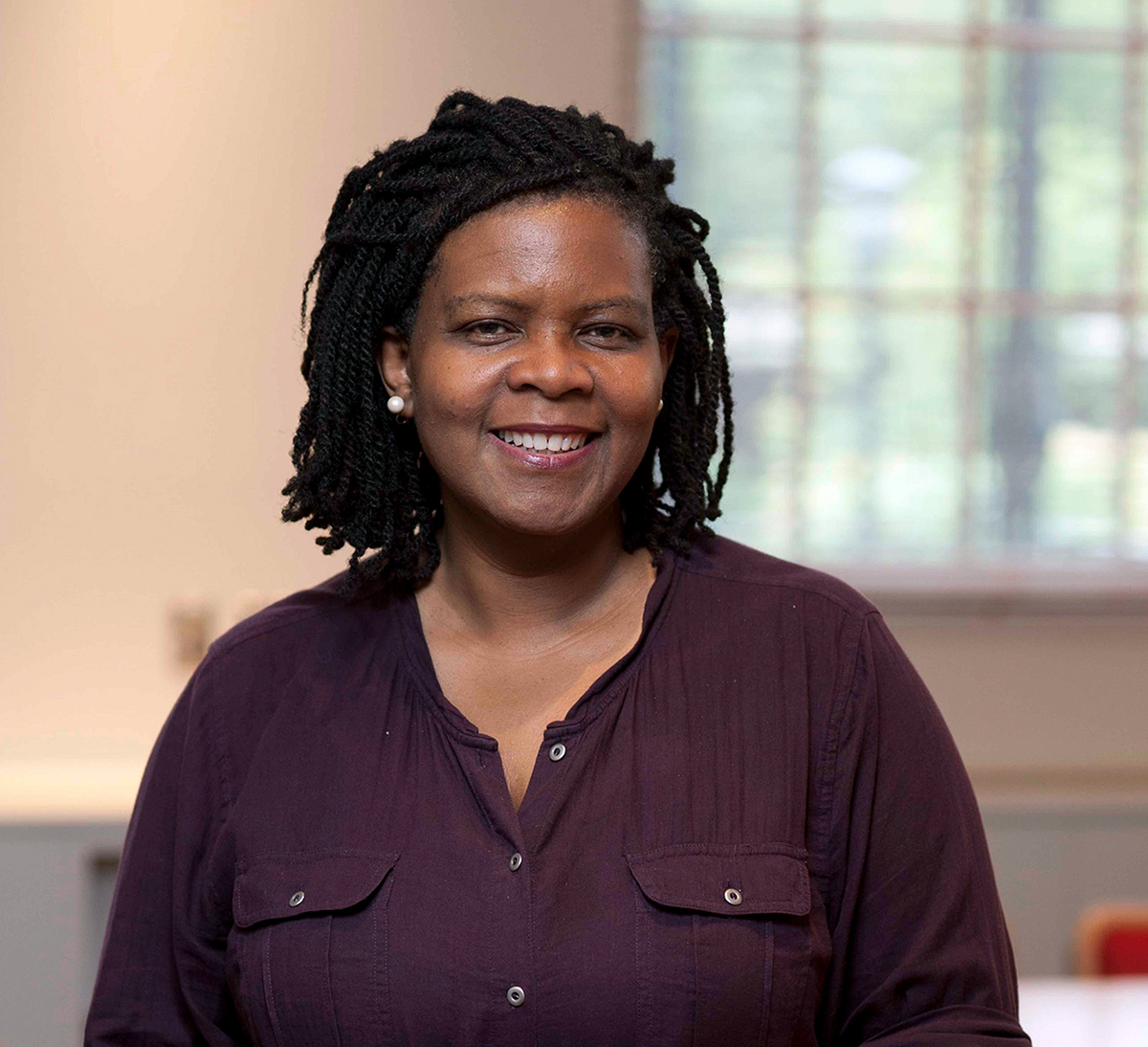Week Five’s theme at Chautauqua Institution is “The Supreme Court: At a Tipping Point?”
Law and history scholar Annette Gordon-Reed is interested in how the court has possibly arrived there.
“It’s about continuity and change: the hope for what the court would be, and the reality of what it turned out to be,” Gordon-Reed said.

Gordon-Reed is a renowned legal scholar and teaches American legal history at Harvard Law School. She’ll put her expertise to use when she discusses the the Supreme Court’s origins and role at 10:45 a.m. Tuesday in the Amphitheater as part of Week Five’s morning lecture programming.
Gordon-Reed said she’d like to explore Alexander Hamilton’s understanding about the judiciary that he sets forth in The Federalist Papers: The Supreme Court is the “least dangerous branch” of government.
“He meant that because it didn’t have the power of the purse, which Congress has, and it didn’t have a military, which the executive branch controls — it was basically about law and reason,” Gordon-Reed said. “And of course, the court has become much, much more than that.”
Gordon-Reed said the Founding Fathers would be “somewhat surprised” at how much the Supreme Court’s role has grown and evolved over the years.
“So that’s what I’m going to be talking about: linking up the past to the present, and looking at how things have changed over time,” Gordon-Reed said.
That link between the past and present becomes even more essential when considering today’s political climate.
Gordon-Reed said the Supreme Court’s role in tumultuous times is “to hold fast to the law” and to be a “bulwark against encroachments upon the Constitution.”
“All of the branches are supposed to be the guardians of the Constitution, but the way this has worked out over the years is that the court is seen as the main bulwark,” Gordon-Reed said. “So I think their main duty is to put partisanship and politics aside and do what they think is best to preserve the Constitution. This is the document we all rely upon and live by.”
Gordon-Reed said the Supreme Court is essential to “maintaining the integrity of the Constitution and preserving the union,” but the United States does not have to abide by every single one of the ideas of the Founding Fathers.
“We’re not bound to what they thought, but it’s a useful guide for trying to explain why America is different from other countries,” Gordon-Reed said. “And we thought ‘different’ in a way that is good.”
Her work is dedicated to maintaining the “sense of hopefulness and optimism” that the Founding Fathers had, Gordon-Reed said. It’s essential when it comes to the American experiment and its future.
“We want people to think or believe that it’s worth continuing,” Gordon-Reed said. “The mistakes people made and the good things they did in the past can be guideposts for us as we continue with the experiment.”
Gordon-Reed is the author of six books. Her biography The Hemingses of Monticello won a Pulitzer Prize, a National Book Award and an Anisfield-Wolf Book Award, and it was a Chautauqua Literary and Scientific Circle selection in 2009. Her most recent work is 2016’s “Most Blessed of the Patriarchs”: Thomas Jefferson and the Empire of the Imagination, which she co-wrote with Peter S. Onuf.
She and Onuf will present the book as part of the Heritage Lecture Series at 3:30 p.m. Tuesday in the Hall of Philosophy.
Gordon-Reed said she and Onuf will discuss Jefferson and what his ideas offer contemporary politics — and what they don’t offer.
“What does Jefferson mean to us today?” Gordon-Reed said. “He’s always in the news, and always controversial.”
After her discussions of Hamilton, Jefferson and the Supreme Court, Gordon-Reed said, she hopes people will be reminded of “the importance of history, and the importance of knowing history and making connections to the past.”
“We have a story that’s worth knowing,” Gordon-Reed said.
Thinking about that story can illuminate how to move forward, she said.
“If people are hopeless or feel that it’s all over — things were bleak in the past, and we overcame it,” Gordon-Reed said. “What I want people to think is that we’re part of a continuing process. This is an experiment — an ongoing experiment — and it’s a worthwhile one.”




